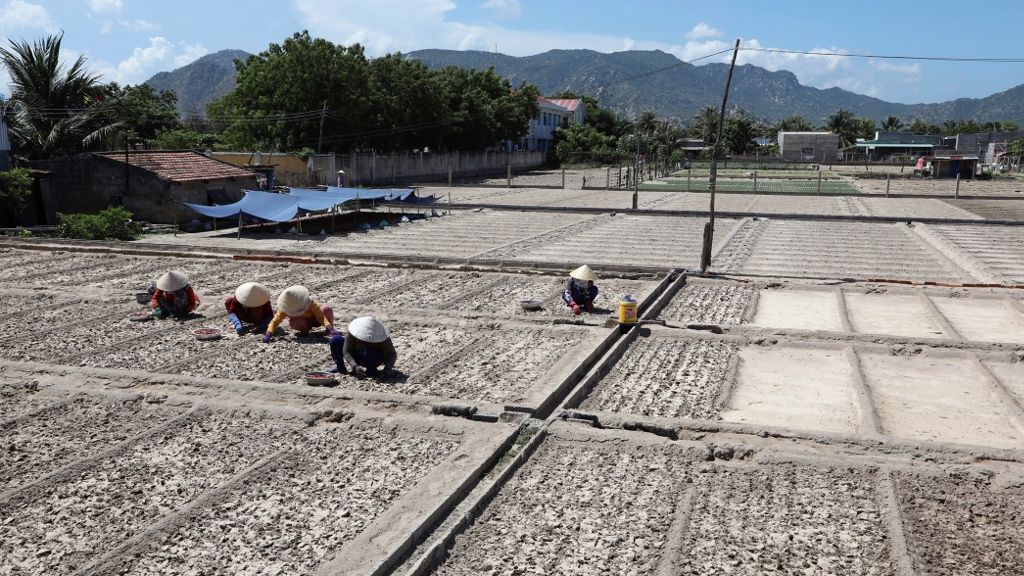ADB Project to Modernize Irrigation Systems, Improve Agricultural Productivity in Viet Nam
HA NOI, VIET NAM (27 November 2018) — The Asian Development Bank has approved over $100 million in financing to help the Government of Viet Nam install eight modernized irrigation systems in five drought-affected provinces, which will improve agricultural productivity, especially among farmers growing high-value crops such as coffee, peppers, grapes, dragon fruits, and mangoes.








